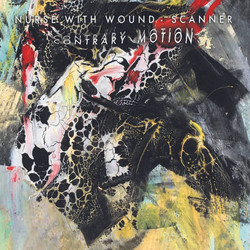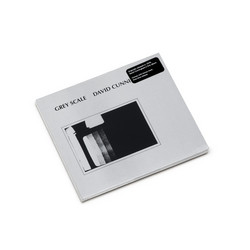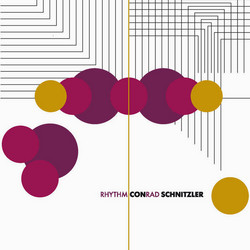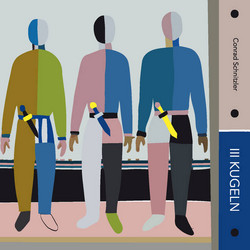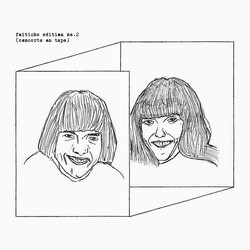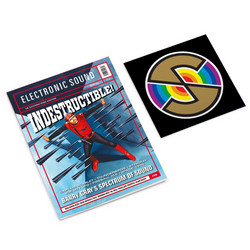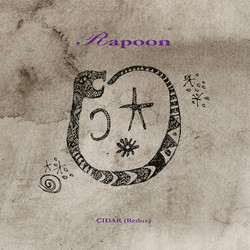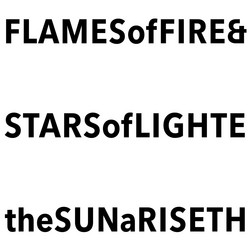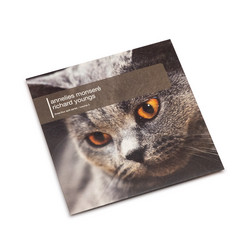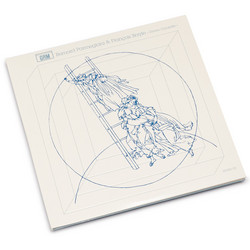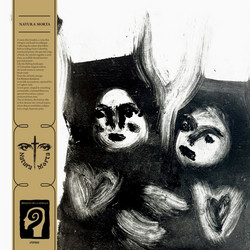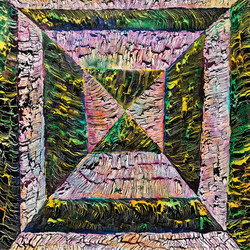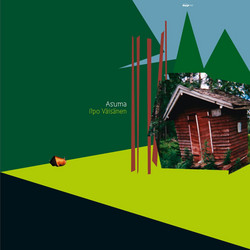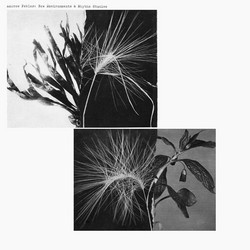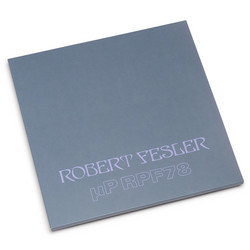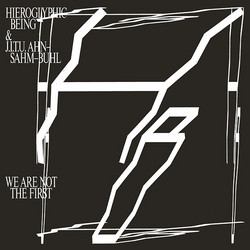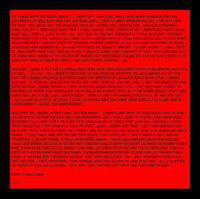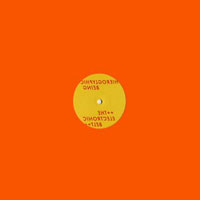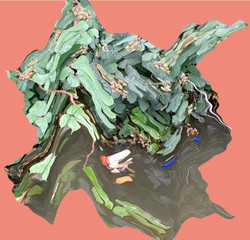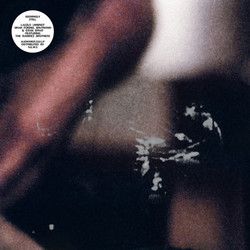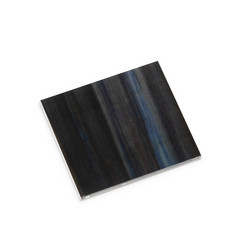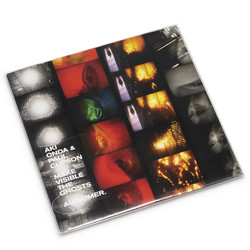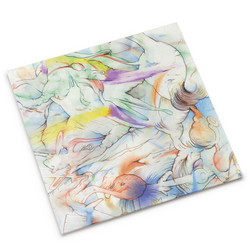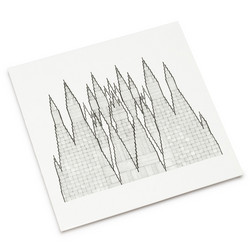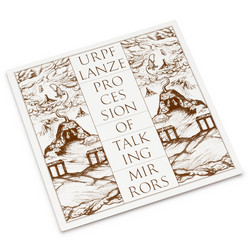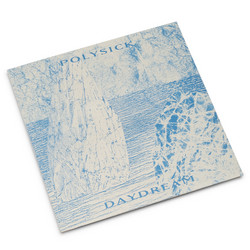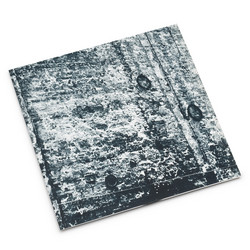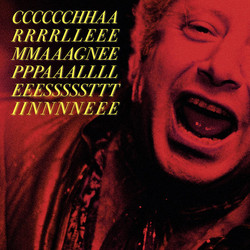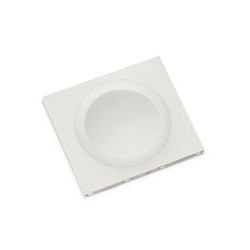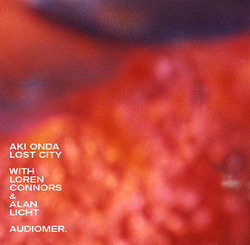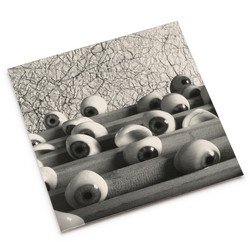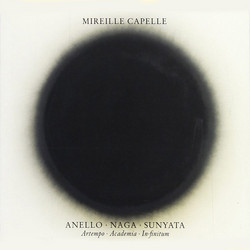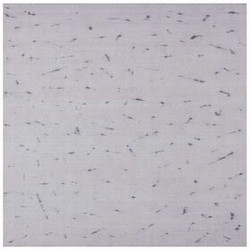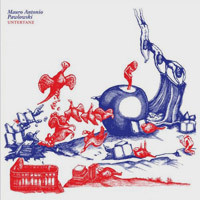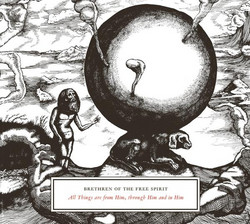Hieroglyphic Being
Le Jardin Des Chemins Bifurquants
Before it became a mere synonym for background or wallpaper music, the word Ambient signified music that floated without roots yet wasn’t rootless. It encompassed beats, drifting melody, textural experiments, field recordings, samples and much more, gaining its power from contradictory impulses. Over two decades of production work, Jamal Moss has made Ambient music in this sense. He’s ostensibly a House music producer but his influences run deep, from classic Industrial and Sun Ra to New Age mysticism and occult knowledge. Even his most beat-driven, dancefloor-ready productions slip the shackles of four-onthe-floor and hackneyed melody. The two side-long pieces on this album forgo overt drum patterns altogether, but the rest of Moss’s hallmarks are all in place: the distorted bass thump, hazy chords and layers of bleeping, rhythmic earworms all cobbled into a crude sense of form, one that’s more about decentred pulse than logical development or easy peaks and comedowns.
And it’s this lack of a centre that makes Moss’s music so striking. “Rhythmes Circadiens” never settles on a single path, as short chirping sequences flutter around dark, ominous chords and robotic thrusts. The listener is left to imagine the rhythmic tissue that connects these disparate elements. The B side, “The Garden Of Forking Paths”, pushes the contrast so far that the piece comes to occupy parallel worlds. A crunching, distorted riff – played on a keyboard but sounding lifted from a Metal record – threatens to engulf a taut helix of pinpoint synthesizer tones. The two streams occasionally approach each other and merge in a violent, messy synthesis, only to recede again, transformed. It’s in these moments of cyclic friction that Moss’s music feels truly exploratory, flux the only constant. Matt Wuethrich


